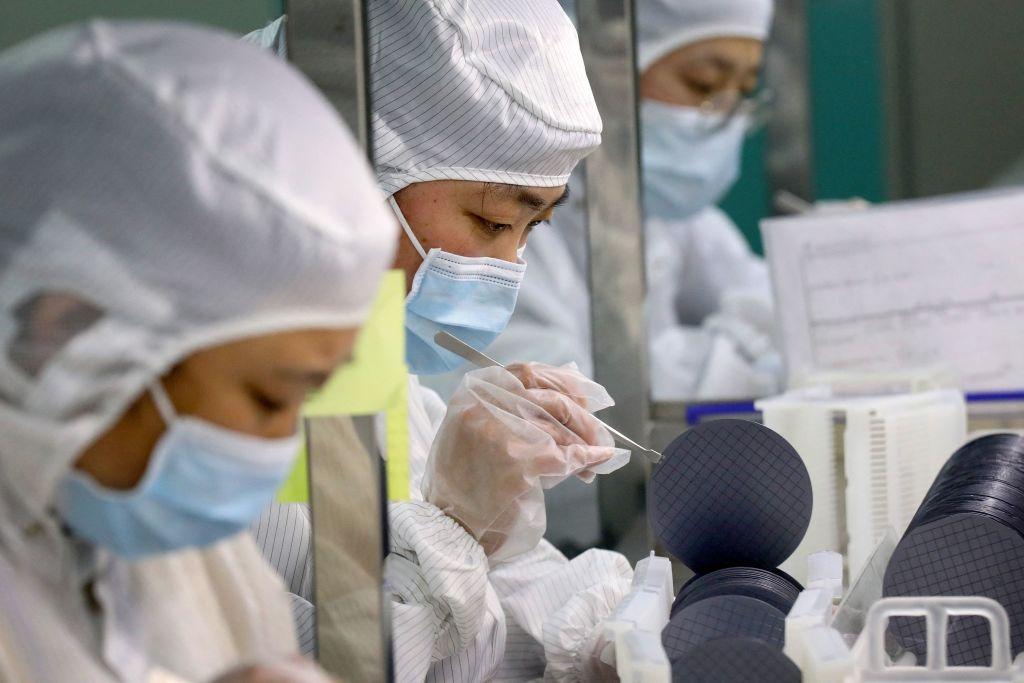Members of the upper house of the British parliament have questioned the government over the planned Chinese takeover of one of the UK’s biggest microchip factories, warning that the deal could threaten the UK’s “national resilience.”
Newport Wafer Fab (NWF), based in Wales, specialises in manufacturing the more advanced compound semiconductors, which is the key technology used in 5G networks and facial recognition software.





